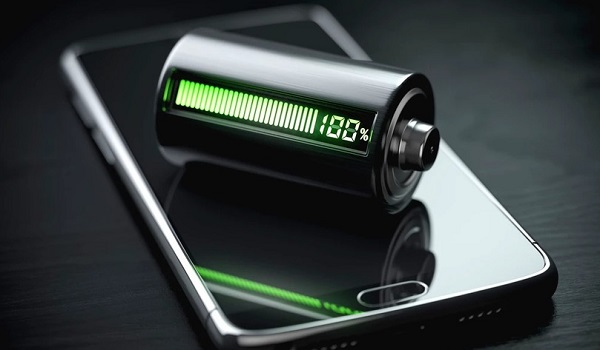Batteries of the Future

As the world increasingly moves towards sustainable energy, the limitations of lithium-ion batteries in terms of resource scarcity and environmental impact have paved the way for groundbreaking alternatives. New battery technologies promise not only to overcome limitations, but to revolutionize the way we use and store energy. We may never need something as small as charging our phone again. Therefore, you can play casino cresus indefinitely.
The future of batteries lies in technologies that offer higher energy densities, enhanced safety, and greater sustainability. These advancements will open up new opportunities in various sectors, including consumer electronics, electric vehicles, and renewable energy storage, fundamentally changing our approach to energy consumption and management.
Lithium-Ion Battery Mechanism
Understanding the workings of current lithium-ion batteries is key to appreciating these new technologies. Lithium-ion batteries store and release energy through the movement of lithium ions between electrodes. While effective, they face challenges in energy density, longevity, and environmental sustainability.
Sodium-Ion Batteries
One of the most promising alternatives is sodium-ion batteries. Utilizing abundant sodium, these batteries function similarly to lithium-ion but promise lower costs and comparable energy densities. They stand out for their potential in large-scale energy storage and are a more sustainable choice due to the abundance of sodium.

Lithium-Sulfur Batteries
Lithium-sulfur batteries are another innovative technology, offering higher energy density than lithium-ion. This means longer battery life and lighter batteries, ideal for extended use in electronics and electric vehicles. However, they currently face challenges in terms of cycle life and stability.
Water Magnesium Batteries
Water magnesium batteries use water-based electrolytes and magnesium, making them safer and more environmentally friendly. They are especially promising for applications requiring safe, large-scale energy storage, such as grid storage for renewable energy.
Betavolt Batteries
A cutting-edge concept is betavolt batteries, which derive power from beta particles emitted by a radioactive source. These batteries could last for decades without recharging, making them perfect for low-power, long-life applications such as medical implants or remote sensors.
In conclusion, the evolution of battery technology is poised to dramatically change the landscape of energy storage and usage. From sodium-ion to lithium-sulfur, water magnesium, and betavolt batteries, these emerging technologies offer a glimpse into a future where extended battery life, enhanced safety, and sustainability are the norm. As we progress, the way we interact with our devices, vehicles and even the power grid will change and this may change the way we relax and play at casino cresus. This is a technical step forward in our search for efficient and sustainable energy solutions.
